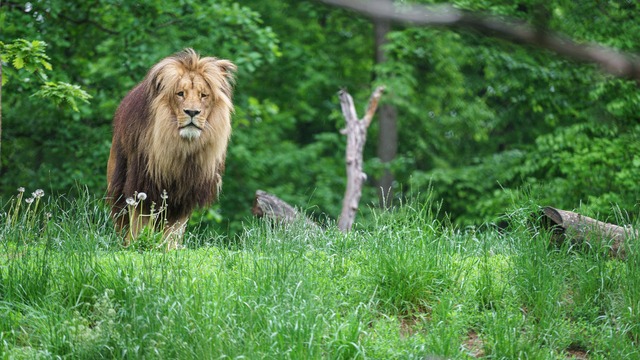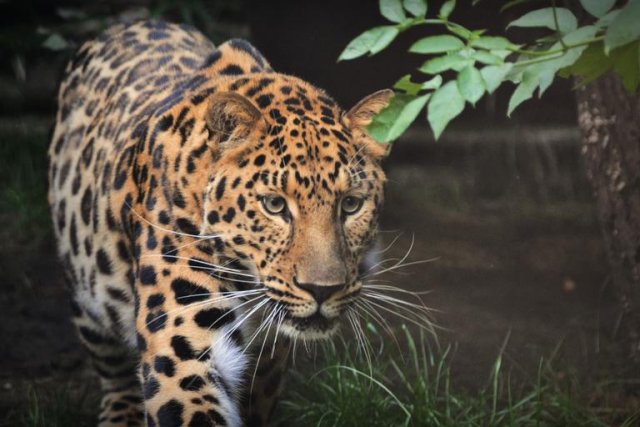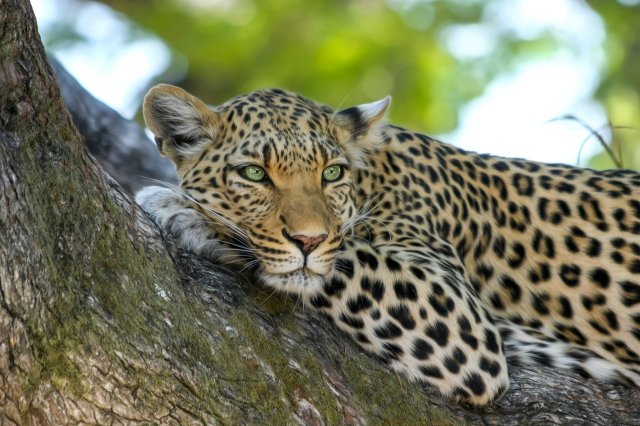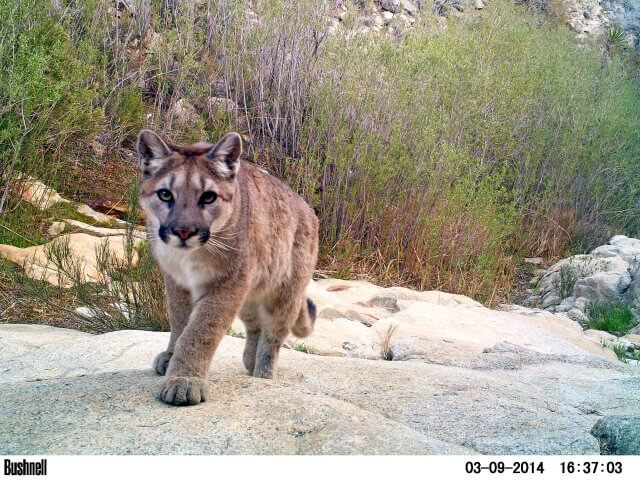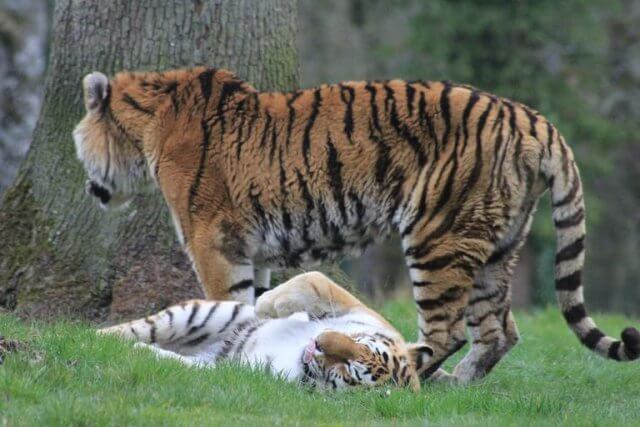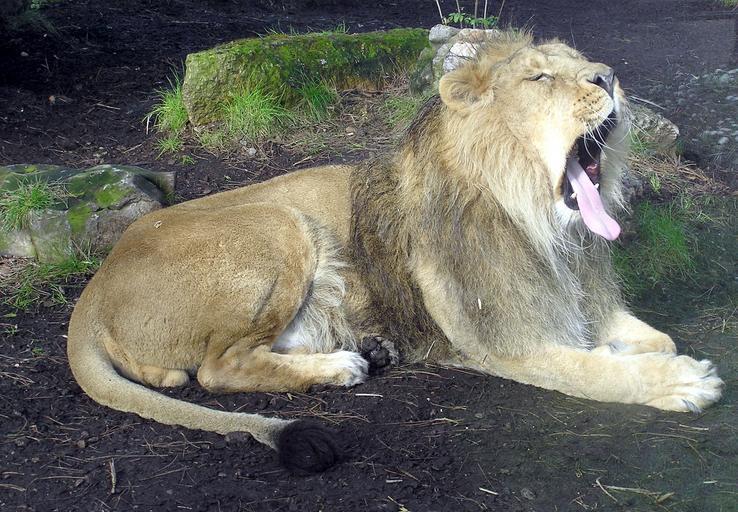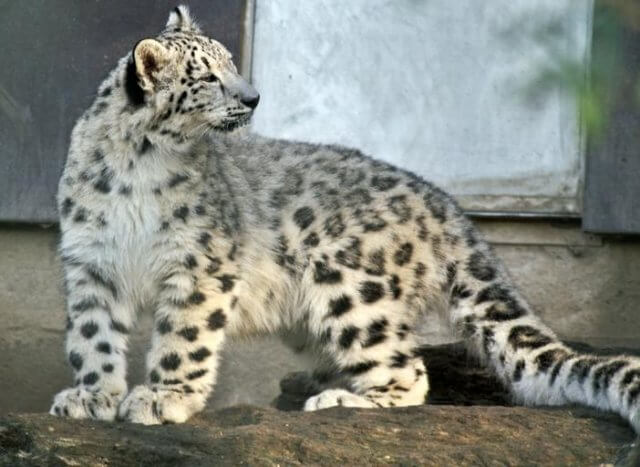What Is The Biggest Threat To Big Cats?
How Poaching and Illegal Wildlife Trade are Endangering Big Cats
The Biggest Threat:
Big cats, such as lions, tigers, leopards, and jaguars, are some of the most iconic and beloved animals in the world. Unfortunately, these majestic creatures are facing a serious threat from poaching and illegal wildlife trade.
Poaching is the illegal hunting or capturing of wild animals, and it is a major problem for big cats. Poachers often hunt big cats for their fur, which is used to make clothing and other items. In some cases, poachers hunt big cats for their body parts, which are used in traditional medicines and other products. Poaching is a major threat to big cats because it reduces their population numbers and can lead to local extinctions.
Illegal wildlife trade is another major threat to big cats. This is when animals are illegally bought and sold for commercial purposes. Big cats are often targeted by wildlife traffickers because of their rarity and value. They are sold as exotic pets, used in traditional medicines, and even killed for their fur. Illegal wildlife trade is a major problem for big cats because it can lead to over-exploitation of their populations and can disrupt their natural habitats.
The poaching and illegal wildlife trade of big cats is a serious problem that needs to be addressed. Governments and conservation organizations need to work together to create laws and regulations that protect big cats from poachers and wildlife traffickers. Additionally, more resources need to be devoted to enforcement and education efforts to ensure that these laws are followed. Finally, more research needs to be done to better understand the threats facing big cats and to develop effective strategies for protecting them.
By taking action to protect big cats from poaching and illegal wildlife trade, we can help ensure that these majestic creatures remain a part of our world for generations to come.
The Impact of Habitat Loss on Big Cat Populations
Habitat loss is one of the most significant threats to big cat populations around the world. Big cats, such as lions, tigers, leopards, and jaguars, are apex predators that require large areas of land to survive. As human populations continue to expand, these areas of land are increasingly being converted into agricultural land, urban areas, and other human-dominated landscapes. This has resulted in a dramatic decline in the populations of big cats, with some species now facing the risk of extinction.
The Biggest Threat: The loss of habitat has a number of direct and indirect impacts on big cat populations. Firstly, it reduces the amount of available prey, as the animals that big cats rely on for food are also displaced by human activities. This can lead to a decrease in the number of big cats in an area, as they are unable to find enough food to survive. Secondly, it reduces the amount of space available for big cats to roam, which can lead to increased competition between individuals and a decrease in genetic diversity. Finally, it can lead to increased contact between big cats and humans, which can result in conflict and the death of big cats.
The Biggest Threat: In order to protect big cat populations, it is essential that we take steps to reduce habitat loss. This can be done through the implementation of conservation measures, such as the creation of protected areas and the restoration of degraded habitats. It is also important to reduce the demand for land by encouraging sustainable development practices, such as the use of renewable energy sources and the promotion of efficient land use. By taking these steps, we can ensure that big cats have the space they need to survive and thrive.
Conclusion
The biggest threat to big cats is human activity. Human activities such as poaching, habitat destruction, and illegal wildlife trade are all major threats to big cats. As human populations continue to grow, these threats will only become more severe. It is essential that we take action to protect big cats and their habitats, and to reduce the impact of human activities on their populations.
Read More About Tigers From Wikipedia

